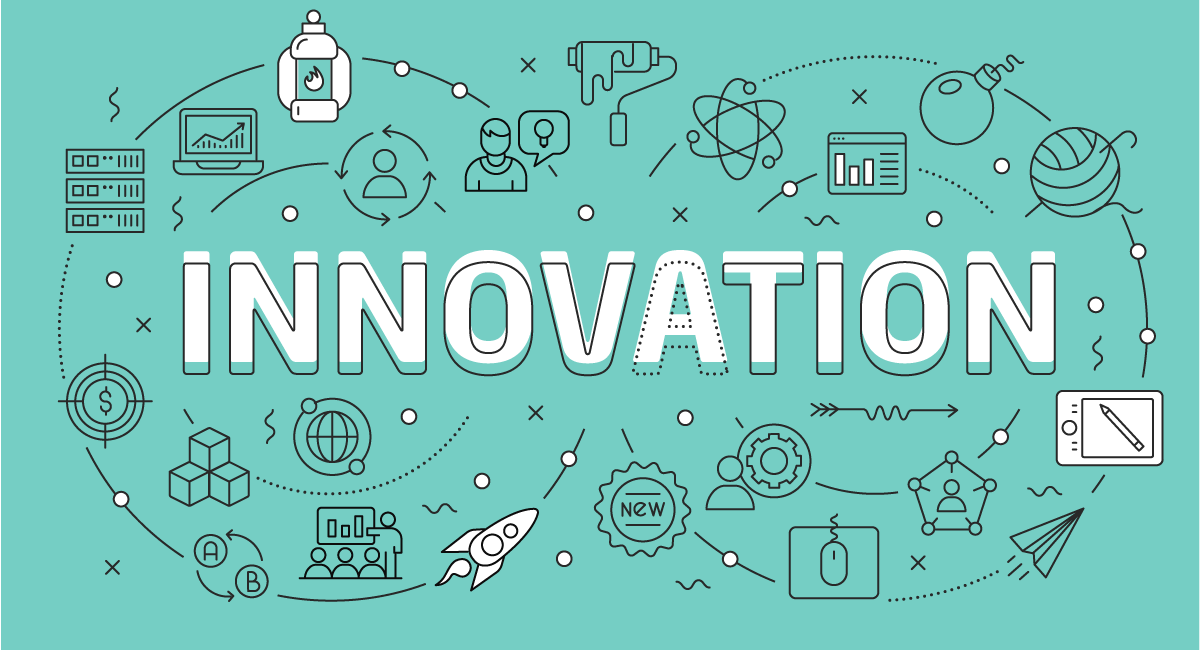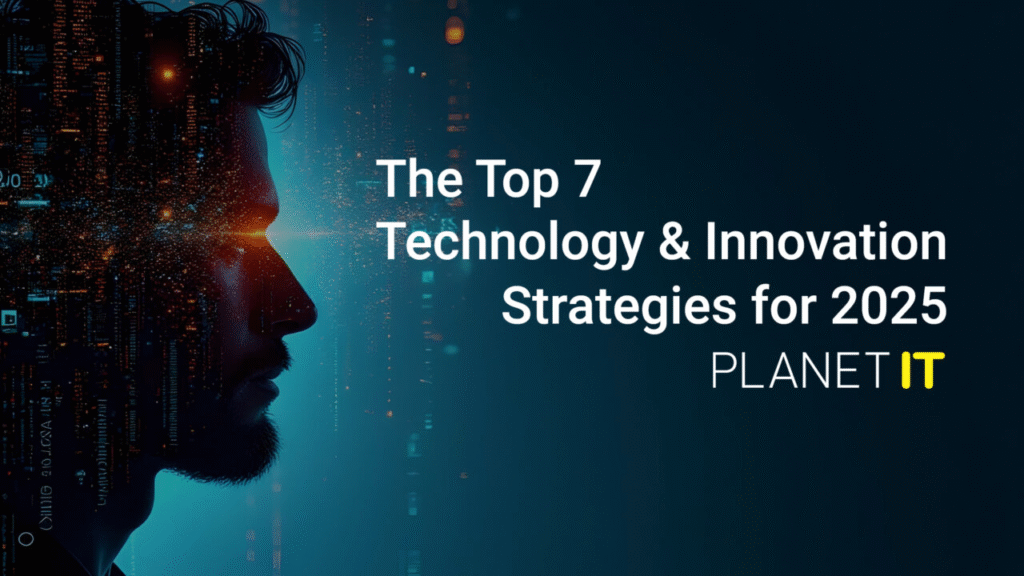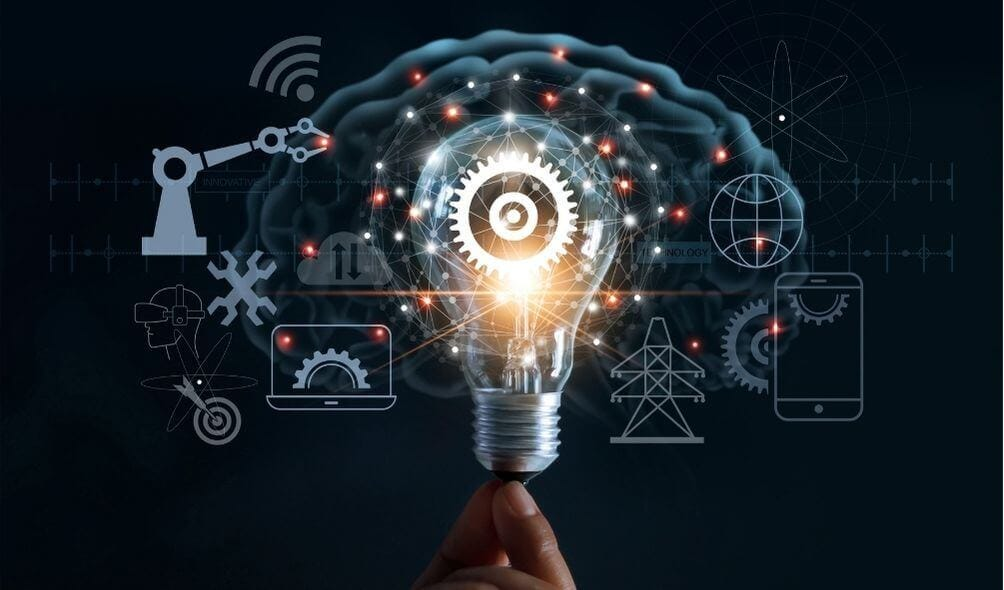Now Reading: Innovation With Purpose: 7 Powerful Ways Real People Changed 2025
-
01
Innovation With Purpose: 7 Powerful Ways Real People Changed 2025
Innovation With Purpose: 7 Powerful Ways Real People Changed 2025

Table of Contents
Real People In today’s fast-moving world, we often hear buzzwords like innovation, sustainability, and social responsibility. But what happens when these words are not just part of a corporate slogan, but are truly brought to life? Across the globe, individuals and organizations are showing what is possible when modern solutions are used with a deep sense of duty to the planet and people.
These change-makers are not just creating new technologies or launching trendy products. They are changing lives, supporting communities, and protecting the environment. They are the living, breathing examples of what can happen when innovation is led by responsibility—and their impact is both inspiring and powerful.
Innovation Beyond Profit

For many years, innovation was seen mainly as a path to profit. But today, a shift is happening. Companies, startups, and individuals are beginning to focus on how their innovations can solve real problems in society like climate change, education gaps, and poverty.
Take for example Selco India, a solar energy company that has transformed the lives of thousands of rural families by providing affordable and sustainable electricity. Their model goes beyond just installing solar panels. They ensure long-term impact by designing solutions based on local needs, training technicians, and creating micro-financing options so that even the poorest can benefit.
Their innovation lies not just in technology, but in understanding what people really need and doing it in a way that respects the planet.
Responsible Farming: A Tech-Driven Revolution
Farmers are also embracing change, blending age-old knowledge with new-age tools. In parts of Maharashtra and Tamil Nadu, farmers are using mobile apps that tell them exactly when to water crops, add nutrients, or expect weather changes. These AI-powered platforms are reducing crop losses, increasing yields, and conserving water.
One such example is Digital Green, a nonprofit that helps farmers access videos in their own language, created by fellow farmers. This peer-to-peer learning model uses simple technology but has had a massive impact. Farmers feel heard and empowered, and their productivity has gone up significantly.
Here, innovation meets responsibility by making technology accessible and respectful of local traditions, rather than replacing them.
Health Innovation With a Human Touch
In the health sector, several startups are using artificial intelligence and machine learning to diagnose diseases faster, even in rural areas. But it’s the people behind these projects that make the difference.
Swasth Alliance, for instance, built a health-tech platform during the COVID-19 crisis that helped doctors, hospitals, and patients connect and share data securely. They ensured that even small clinics in villages could access the same tools as urban hospitals.
Their mission wasn’t just tech-focused it was about equity. The team knew that responsible innovation meant not just building powerful tools, but also making sure everyone could use them.
Eco-Friendly Fashion That Speaks Loud
Fashion is another space where change is happening. For decades, fast fashion damaged the planet through waste, pollution, and unfair labor. But now, a new wave of ethical fashion startups is rewriting that story.
Brands like No Nasties and B Label are using organic cotton, zero-waste production processes, and transparent supply chains to show how style and sustainability can go hand in hand. They’re not just selling clothes they’re making a statement.
Every piece of clothing tells a story not of mass production, but of care, craftsmanship, and consciousness. The innovation here is not flashy, but meaningful. And it’s catching on with younger buyers who want to look good and feel good about what they wear.
Education: Tools That Open Doors
Imagine a girl in a remote village getting access to the same education as a child in a metro city. That dream is becoming reality thanks to platforms like BYJU’S, Khan Academy, and Pratham Books’ StoryWeaver.
But it’s not just about flashy apps. These platforms are translating content into regional languages, training teachers, and providing offline access in areas with poor internet. They are proving that innovation, when matched with social responsibility, can break down barriers that have existed for generations.
Children are learning, parents are hopeful, and entire communities are moving forward.
A Common Thread: Purpose

What links all these efforts is one thing purpose. Whether it’s clean energy, ethical business, or inclusive education, the goal is not just growth, but good growth.
These stories prove that when innovation is driven by purpose and responsibility, the results are long-lasting. It’s not just about creating something new; it’s about creating something better—for everyone.
These entrepreneurs and organizations didn’t choose the easy path. They chose to lead with heart, to listen before building, and to care just as much about impact as they do about profit.
The Future Looks Responsible
As we look ahead, the world faces big challenges from climate change to inequality. But the examples mentioned here give us hope. They show that solutions are possible when people come together with the right intentions and the right tools.
Governments, investors, and consumers are also taking note. More funding is flowing into social impact startups. Policies are changing to support green innovation. And customers are demanding more ethical products.
It’s clear: responsibility is no longer a “nice-to-have.” It is becoming the very foundation of innovation.
Conclusion
In a time when the world is looking for answers, these innovators offer something better—hope. They are living, breathing examples of how powerful it can be when innovation meets responsibility.
They remind us that progress isn’t just about moving fast it’s about moving right.
Their journeys prove one thing: with the right purpose, innovation can change the world not someday, but today.
Read More:- Shobha Realty Launches Its Most Luxurious Project Yet—Full Details Inside 2025






















